Nature
Hurricane Season 2022
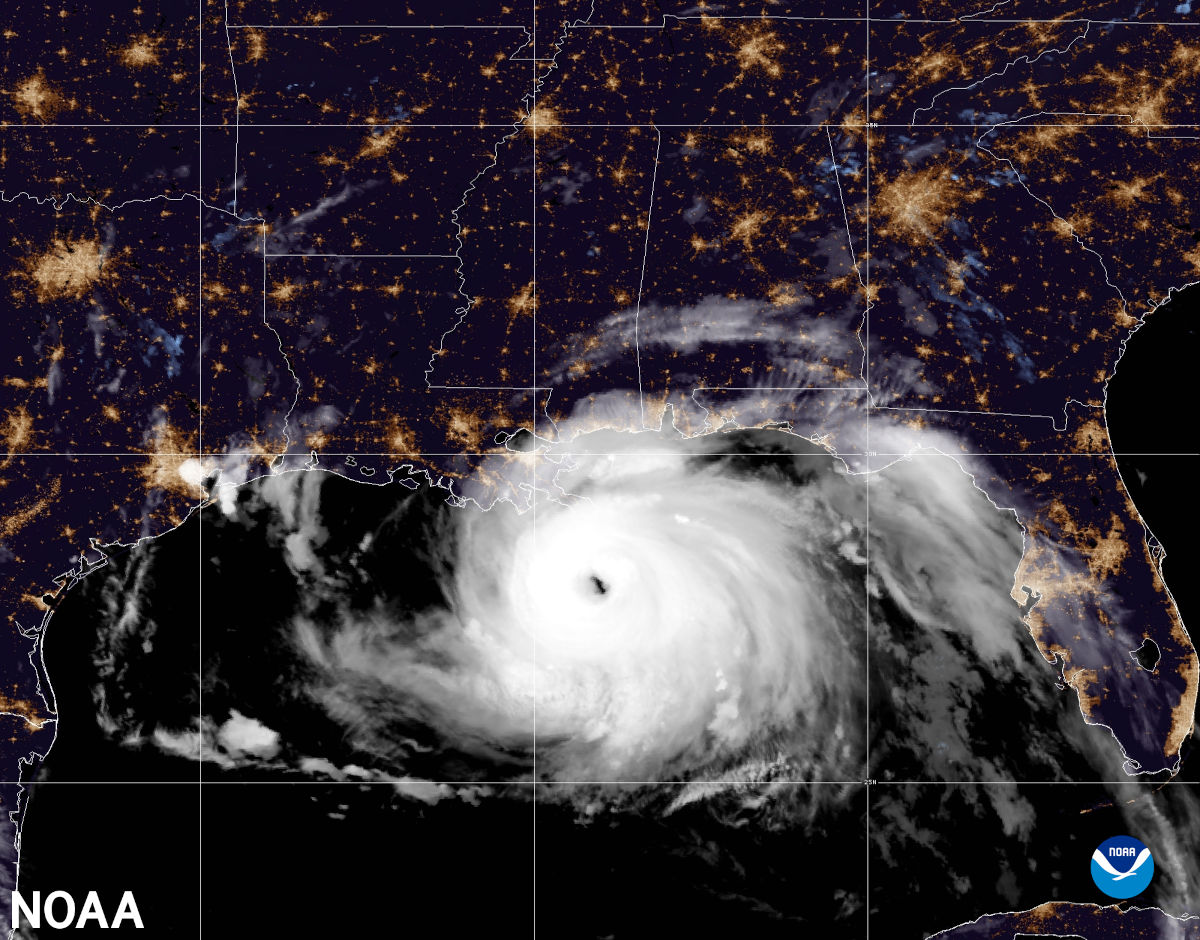
Hurricane season 2022 is here. The Atlantic hurricane season begins June 1 and runs through November 30. Typically the real action starts after a couple of months. This year, once again, the forecasters are predicting a highly active season with many storms.
Forecasters at NOAA’s Climate Prediction Center, which is a division of the National Weather Service, are predicting another above average hurricane season this year. This makes 2022 the seventh consecutive above average hurricane season.
NOAA is forecasting a range of fourteen to twenty one named storms with 70% confidence. Six to ten of those may become major hurricanes, including three to six possibly reaching category 3, 4 or 5 status. NOAA’s outlook is for overall seasonal activity and is not a landfall forecast.
Average sea surface temperatures in the Atlantic Ocean, the Caribbean Sea, and the Gulf of Mexico were quite warm in April 2022. This is one of the factors contributing to the NOAA forecast of an above normal hurricane season this year. This, in part, is attributed to the ongoing La Niña.
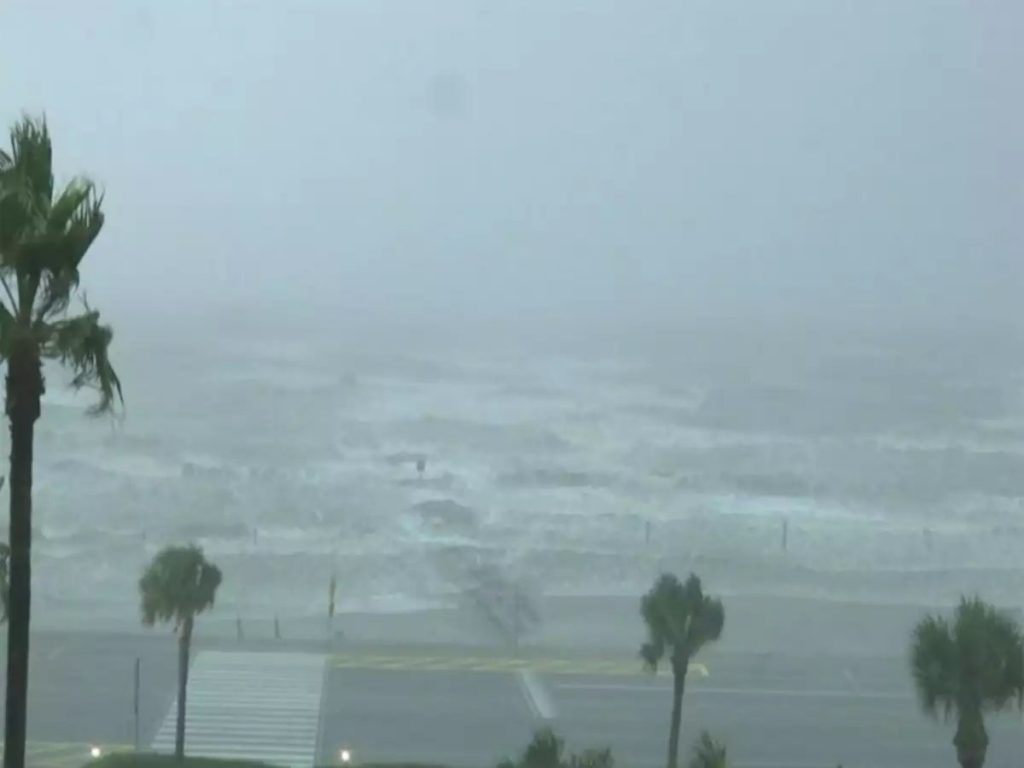
Hurricane Season 2022 NOAA Forecasting
NOAA’s forecasting accuracy continues to improve every year, allowing them to better predict the impacts of major hurricanes.
NOAA has enhanced the following products and services this hurricane season:
- To improve the understanding and prediction of how hurricanes intensify, NOAA’s Atlantic Oceanographic and Meteorological Lab and Pacific Marine Environmental Lab will operate five Saildrone uncrewed surface vehicles during the peak of the 2022 hurricane season and coordinate for the first time with uncrewed ocean gliders, small aircraft drone systems, and NOAA Hurricane Hunter aircraft to measure the ocean, atmosphere and areas where they meet.
- The Hurricane Weather Research and Forecast Modeling System and Hurricanes in a Multi-scale Ocean-coupled Non-hydrostatic model, which have shown significant skill improvements in terms of storm track and intensity forecasts, have been successfully transitioned to the newest version of the Weather and Climate Operational Supercomputing System, allowing for uninterrupted operational forecasts.
- The Excessive Rainfall Outlook (ERO) has been experimentally extended from three to five days of lead time, giving more notice of rainfall-related flash flooding risks from tropical storms and hurricanes. The ERO forecasts and maps the probability of intense rainfall that could lead to flash flooding within 25 miles of a given point.
In June, NOAA plans to enhance an experimental graphic that depicts the Peak Storm Surge Forecast when storm surge watches or warnings are in effect.
Upgrades include an updated disclaimer and color coding that illustrates the peak storm surge inundation forecast at the coast. This tool is currently only available in the Atlantic basin.
2022 Hurricane Names
See the full list of retired Atlantic Hurricane names by year.
Note: Hurricane Season 2022 Names – Here is the official list of Hurricane Names for 2022
Should all 21 names be used in a season, the National Hurricane Center will start using the Greek alphabet as names for newly formed storms.
For example, during the 2005 Atlantic Hurricane Season, there were six storm names used from the Greek alphabet; Tropical Storm Alpha, Hurricane Beta, Tropical Storm Gamma, Tropical Storm Delta, Hurricane Epsilon and Tropical Storm Zeta.
2022 Hurricane Preparedness
If you are new to Galveston or the nearby area, you should take the time NOW to prepare for a storm. When a storm is predicted to land near you, it is often too late to get supplies and prepare. Being prepared can be the key to survival. Your home and your belongings can be replaced, your life cannot.
“Early preparation and understanding your risk is key to being hurricane resilient and climate-ready,” said Secretary of Commerce Gina M. Raimondo. “Throughout the hurricane season, NOAA experts will work around-the-clock to provide early and accurate forecasts and warnings that communities in the path of storms can depend on to stay informed.”
You can depend on NOAA for early forecasts, but it is entirely up to you to be prepared. It’s your choice to live in a storm-prone area and it’s your responsibility to be ready for what will come. Here are some guidelines that will help if you’ve never had to experience an approaching hurricane.
Hurricane Preparation Supplies
It is important to have emergency supplies on hand before a storm reaches land. Organize your supplies into a “stay at home kit” and a “on the road kit”. Your “stay at home kit” should have a 2 weeks supply of water and non-perishable foods.
Your “go kit” should have 3 days of supplies in a backpack or something similar that is easy to carry.
Be sure to include chargers and backup batteries for your devices. Retailers and pharmacies may be closed for several days after a hurricane, so be sure to have at least a 1-month supply of all medications.
Important paperwork, such as insurance, financial, and medical records should be readily available.
Hurricane Evacuation Plan
When a mandatory evacuation order is issued, do so immediately. You should have a plan in place well ahead of time. Know where you will go and how you will get there. Plan in advance if you will be depending on public transportation for evacuation.
If you do not have a safe place to go during a hurricane check with your local officials for shelter locations. You can download the free Red Cross Emergency App here to find shelters near you.
Do not return home until local officials have declared it safe to re-enter the community. If your home was damaged during the storm, it should be carefully inspected and cleaned before entering.
Avoid fallen or damaged power lines. They can electrocute you.
Do not touch floodwaters and don’t allow your children to play in the water. Floodwater may contain bacteria, sewage, and chemicals that can make you sick.
Prevent carbon monoxide poisoning. Never use gasoline, propane, natural gas, or charcoal-burning devices inside your home, garage, basement, camper, or tent. Carbon monoxide cannot be seen or smelled. If you start to feel sick, dizzy, or weak, go outside and get to fresh air right away.
Shelter in Place Plan
In the case of a mandatory evacuation, you need to leave as soon as possible. If you should decide to stay during a storm and shelter in place, be ready to live with no power, gas, water, internet, or phone for an extended period of time. Decide where you will be safest in your home during extremely high winds.
Stay away from glass windows and doors. The best protection will be in a small interior room with no windows. If you are in an area that is likely to flood, have a plan for getting to higher ground quickly.
Plan Now and Stay Connected
It is best to sign up for free emergency alerts from both the City of Galveston and Galveston County official alert system.
Keep a battery powered radio with plenty of extra batteries on hand. Have a way to charge your cell phone, whether it be inside your vehicle, or by a solar battery charger. This will be necessary to stay in contact with family. Before a storm hits, be sure that any extra battery packs are fully charged. Purchase extra batteries and put them away for storm supply ONLY. You can always use them after the hurricane season if you don’t use them.
Prepare For High Winds
Secure all of your outside items, such as trash cans and lawn furniture. These could become airborne with high winds and can cause severe damage to people and property.
Propane tanks and gas grills are not safe to store inside, they should be anchored tightly outside.
Trim any trees that might cause damage if they were to lose a branch or fall completely.
Protect all of your windows with permanent storm shutters or pre-cut plywood. By labeling the plywood with which window each piece fits ahead of time, you will save time when installing them before the storm arrives.
Hurricane Clean Up
Always be sure to wear appropriate protective equipment including gloves, goggles and boots. You will need to clean and disinfect everything that got wet. When cleaning or moving heavy objects, work with a partner. Avoid injury by getting proper training prior to using power tools, such as chainsaws.
When in doubt, throw it out! Any foods that got wet or warm should be tossed in the trash. Ask your healthcare provider for guidance regarding refrigerated medicines that may have gotten warm. Avoid drinking water from the tap until local officials say it is safe. Boiling tap water for 5 minutes will kill microorganisms such as bacteria, viruses, or protozoans that cause disease.
Self Care
Experiencing a hurricane is very stressful, especially if it’s your first time.
It is normal to have a lot of feelings and anxiety.
Eating healthy food, drinking lots of water, and getting enough sleep will help in dealing with it all.
If you, or somebody you know, may need someone to talk to, contact the Disaster Distress Helpline. The phone number is 1-800-985-5990.
You can also text “TalkWithUs’ to 66746.
Galveston Hurricane 2022 Resources
Galveston Daily News – Hurricane Preparedness Guide
City of Galveston – Office of Emergency Management
City of Galveston – Alert System Sign Up
Galveston County – Emergency Management Disaster Guide
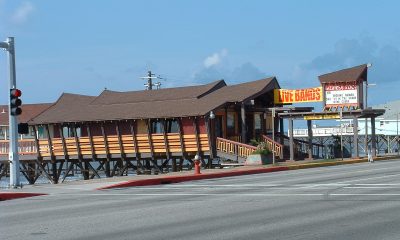

Developer Jerome Karam, of JMK5 Holdings, has purchased the rights to the historic Balinese Room site. Permits have been secured...


During Mardi Gras Galveston Street Closures can cause unexpected delays if you aren’t prepared. Here is the proposed traffic schedule,...


The Galveston crabbing season is the same as it is for all areas of Texas statewide. You can go crabbing...


USCGC Eagle Tall Ship Military Vessel will arrive in Galveston for one day only. The ship is a training vessel...
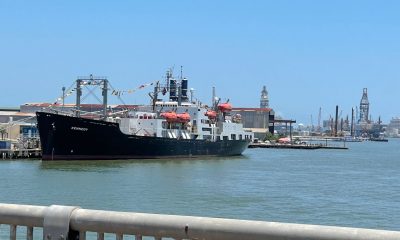

Texas A&M University at Galveston is home to the Texas A&M Maritime Academy, a highly specialized maritime training and education...


Galveston Island Beach Revue, Presented By TGRE Galveston celebrates its vintage past and this year is no exception! Join in...


The Galveston Historic Homes Tour is the first 2 weekends in May. Don’t miss your chance to view inside private...
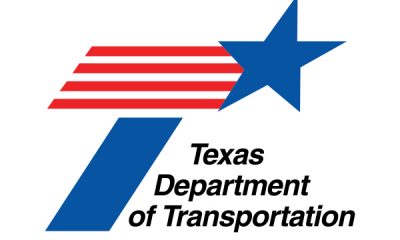

Check Live Cameras and Maps Use the following links to check live traffic maps and cameras affecting traffic flow to...


It’s National Tourism Day on May 7, 2022. Be sure to thank a tourist in Galveston on this day. We...


JetSurf Houston is excited to be organizing and managing the first official MotoSurf race in Houston and the State of...

